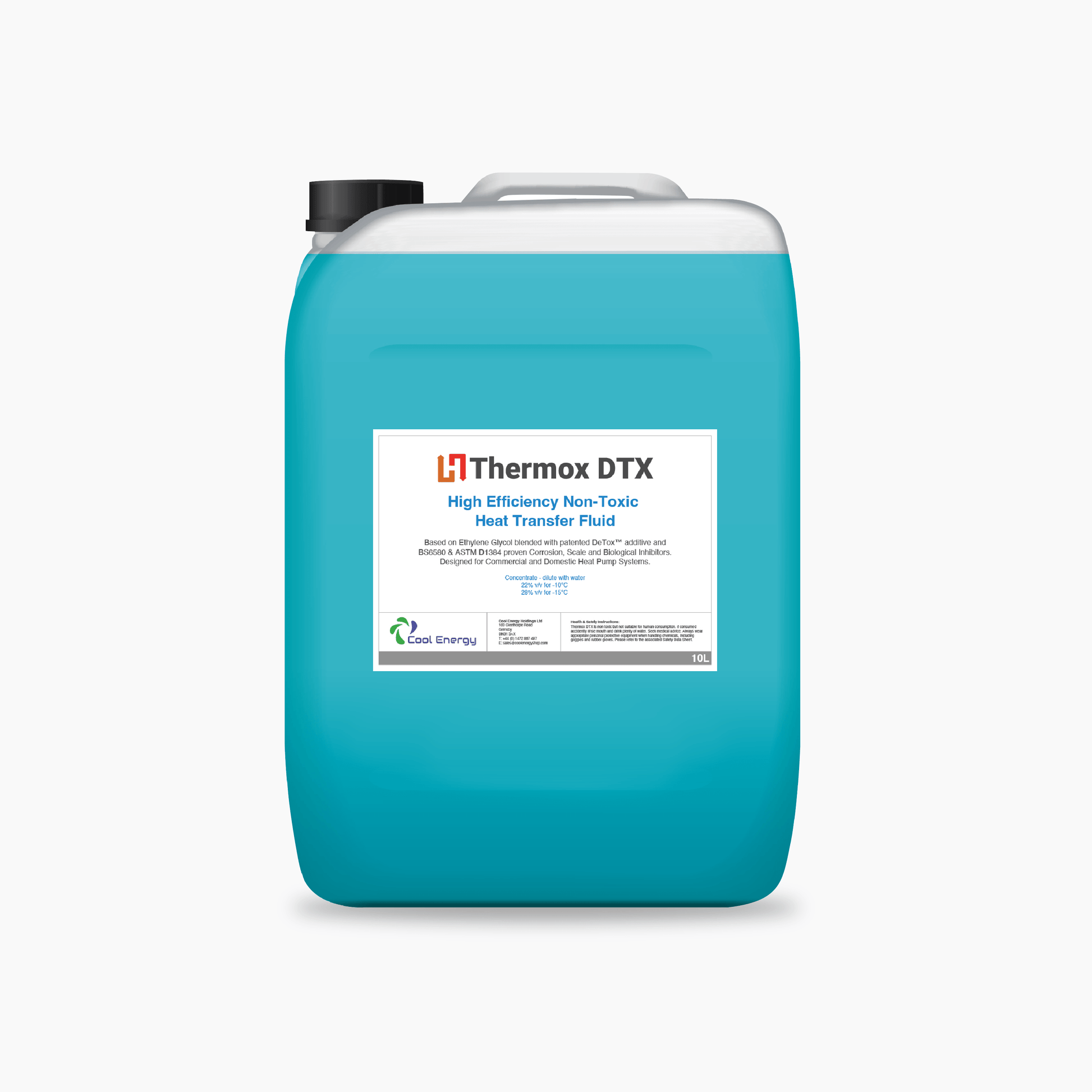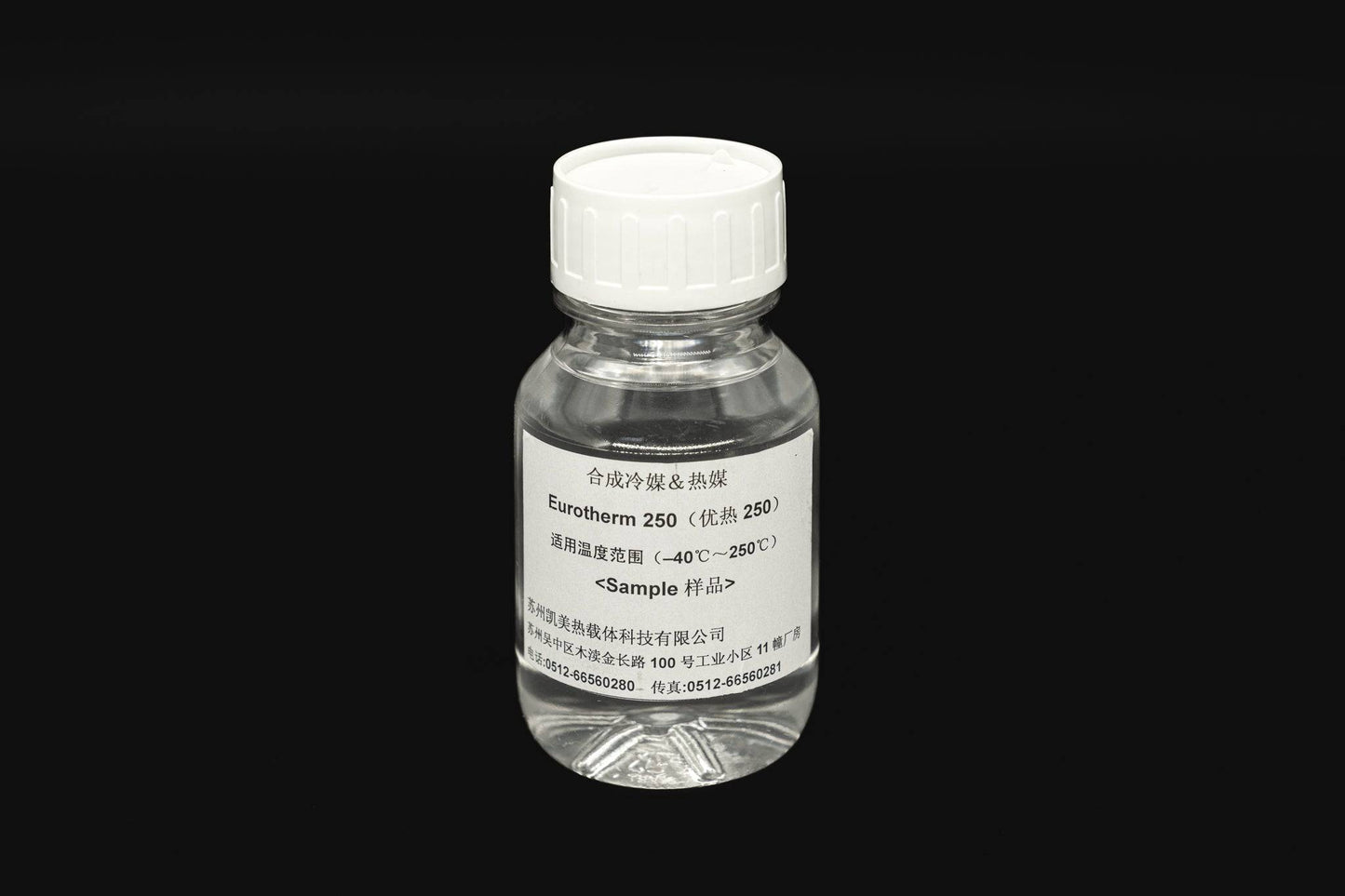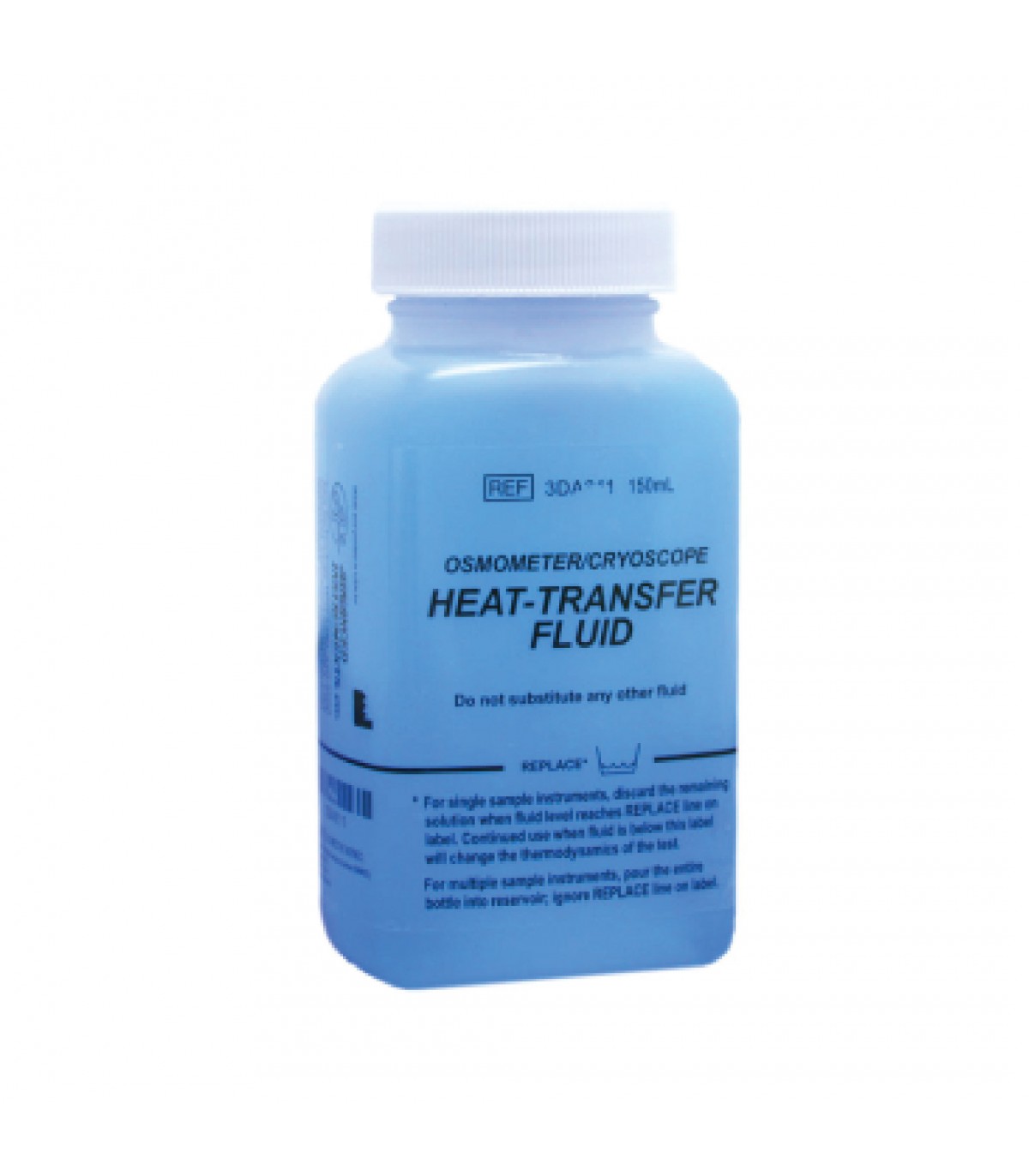Why Normal Maintenance of Heat Transfer Fluid is Important for System Durability
Why Normal Maintenance of Heat Transfer Fluid is Important for System Durability
Blog Article
How Warmth Transfer Liquid Adds to Sustainable and Affordable Operations
In the modern-day commercial landscape, the role of heat transfer liquids (HTFs) in advertising sustainable and affordable operations can not be overstated. These fluids are crucial in maximizing thermal management systems, therefore significantly boosting energy performance and decreasing functional prices. The ecological benefits of innovative HTFs, with their high thermal security and low poisoning, are obvious. They not just extend system durability however likewise add to the reduction of harmful exhausts. Yet, the true possibility of HTFs is understood through the precise option process, ensuring compatibility and safety and security. However what elements should direct this crucial selection?
Understanding Warm Transfer Fluids
In the realm of thermal administration, warm transfer fluids (HTFs) work as important representatives for moving thermal power from one place to one more. These fluids play a critical role in different commercial applications, consisting of chemical handling, power generation, and HVAC systems. HTFs are specifically engineered to operate within a wide range of temperatures, effectively assisting in the transfer of warmth while keeping a secure thermal account. Their capacity to function under extreme conditions-- whether heats or cryogenic degrees-- makes them indispensable in atmospheres demanding exact thermal control.
The make-up of heat transfer fluids can differ dramatically, consisting of choices such as mineral oils, artificial oils, glycols, and molten salts. Each kind provides distinct benefits, such as boosted thermal security, low viscosity, and high boiling points, which are selected based upon certain functional requirements. Additionally, the choice of HTF influences not only the effectiveness of warm transfer but also the long life and safety and security of the system in which it is utilized.
As markets remain to introduce, the growth of sophisticated HTFs, identified by their enhanced thermal conductivity and decreased environmental influence, is crucial for fulfilling the demands of modern thermal monitoring challenges.

Enhancing Energy Performance

Improving power efficiency has ended up being a paramount problem across different industries, triggering a more detailed assessment of warmth transfer fluids' role in optimizing thermal administration systems. These fluids are integral to keeping the wanted temperature in procedures, thus decreasing power waste and enhancing total system effectiveness. By picking a suitable warm transfer liquid, industries can substantially boost their power performance, leading to reduced power usage.

Advanced solutions of warmth transfer fluids have been established to withstand extreme temperature levels while preserving stability and efficiency. Improving energy performance via ideal warmth transfer fluid choice is not only a technical requirement but also an ecological important.
Lowering Operational Expenses
Operational expenses are a considerable consideration for sectors looking for to preserve affordable advantage, and the choice of heat transfer fluid plays an important duty in cost administration. Selecting a proper heat transfer fluid can cause significant expense savings by enhancing system performance and minimizing energy intake. High-performance liquids lessen thermal degradation, which in turn minimizes the regularity of liquid replacement and downtime linked with maintenance, thereby decreasing functional expenditures.
In addition, heat transfer liquids with exceptional thermal security and rust resistance prolong the lifespan of devices. This lowers the requirement for frequent fixings and substitutes, which can be pricey and disruptive to operations. By buying top quality fluids, markets can accomplish long-lasting decreases in upkeep expenses and boost the integrity of their systems.
In addition, have a peek at these guys progressed heat transfer liquids usually exhibit reduced viscosity at operating temperature levels, which boosts pump efficiency and reduces energy usage in liquid flow. Numerous contemporary warmth transfer liquids are engineered to run successfully over a broad temperature level variety, decreasing the requirement for numerous liquid kinds, thus streamlining supply requirements and decreasing associated prices.
Ecological Impact Reduction
The press in the direction of decreasing ecological impact has obtained energy in sectors leveraging warm transfer liquids. Warmth transfer liquids (HTFs) play an essential function in this transition, offering chances to enhance energy efficiency and decrease emissions - heat transfer fluid.
In addition, the use of sophisticated warm transfer liquids adds to enhanced system effectiveness, lowering the general energy intake. This decrease not just results in price savings yet also lowers co2 discharges, aiding in the battle versus environment adjustment. Liquids that are biodegradable and recyclable further improve sustainability initiatives, as they diminish waste and promote circular economy practices.
In addition, integrating HTFs right into closed-loop systems protects against fluid loss and contamination of the surrounding setting. This approach makes sure that liquids are reused, decreasing the demand for brand-new resources and limiting waste generation. By embracing these environmentally conscious strategies, sectors can significantly reduce their environmental influence while maintaining high operational efficiency, straightening with international sustainability objectives and regulative requirements.
Picking the Right HTF
Selecting the suitable heat transfer liquid (HTF) is an important action in advancing ecological sustainability within commercial processes - heat transfer fluid. An optimal HTF needs to have a high thermal capability, reduced thickness, and high thermal conductivity to make sure effective warmth transfer.
This guarantees durability and decreases upkeep costs. The fluid must be safe and eco-friendly, lessening its eco-friendly footprint and making sure compliance with ecological laws.
Conclusion

Report this page